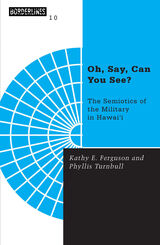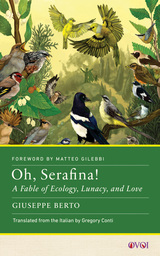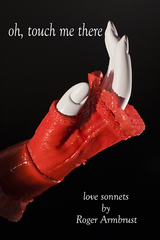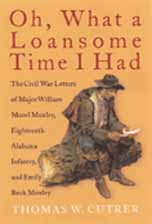

Newly translated into English, Giuseppe Berto’s charming 1973 novel Oh, Serafina! was one of the first works of Italian literature to deal with ecological themes while also questioning the destructive effects of industrial capitalism, the many forms spirituality might take, and the ways our society defines madness. This translation includes a foreword from literary scholar Matteo Gilebbi that provides biographical, historical, and philosophical context for appreciating this whimsical fable of ecology, lunacy, and love.

Witty, humorous and wise reflections on loving
There is a mythic quality to the poetry of Roger Armbrust. Whether his subject is surgery or angels, his language and vision—while expressed in an earthly lexicon—are focused on the life of the spirit.
We constantly heal each other, love, true
to our senses, sharing our secret vaults
of fear and longing, faith and confusion,
doubt and delight.
Armbrust’s love poems are not ethereal, however, but rooted in real bodies…
My poetry honors your architecture’s mystery.
Fanciful, yet rooted in real experience, Armbrust’s one hundred-plus sonnets incite passion and introspection, so that the collection makes an inspired lover’s gift.

Most surviving correspondence of the Civil War period was written by members of a literate, elite class; few collections exist in which the woman's letters to her soldier husband have been preserved. Here, in the exchange between William and Emily Moxley, a working-class farm couple from Coffee County, Alabama, we see vividly an often-neglected aspect of the Civil War experience: the hardships of civilian life on the home front.
Emily's moving letters to her husband, startling in their immediacy and detail, chronicle such difficulties as a desperate lack of food and clothing for her family, the frustration of depending on others in the community, and her growing terror at facing childbirth without her husband, at the mercy of a doctor with questionable skills. Major Moxley's letters to his wife reveal a decidedly unromantic side of the war, describing his frequent encounters with starvation, disease, and bloody slaughter.
READERS
Browse our collection.
PUBLISHERS
See BiblioVault's publisher services.
STUDENT SERVICES
Files for college accessibility offices.
UChicago Accessibility Resources
home | accessibility | search | about | contact us
BiblioVault ® 2001 - 2024
The University of Chicago Press









